President

Marc Luginbühl obtained his PhD at the Institute of Forensic Medicine in Bern, Switzerland. He is a chemist focusing on the analysis of direct alcohol biomarkers, illicit drug screening, and doping detection. Currently he is working as a scientifc staff member at the Institute of Clinical Chemistry at the University Hospital of Zurich (USZ). In his research, he targets fully automated approaches for minimally invasive sampling procedures using Dried Blood Spots (DBS). His PEth research focuses on the methodological side of PEth analytics such as regioisomeric purity, hematocrit implementation, and harmonization.
Vice-President

Friedrich Martin Wurst is a psychiatrist, psychotherapist, and expert in addiction medicine. In recent years he is working with the University of Basel, Switzerland. Before, he held the position of a Professor and Chairman for Psychiatry and Psychotherapy in Salzburg. He is a member of the board of directors of numerous national and international societies, edited several books, is a member of program committees of various national and international conferences, and a member of the Editorial Board and advisory board, respectively of different Journals. The cumulative impact factor of his publications was 221 and the H-Index 31 in 2017. Friedrich Wurst serves among other functions as a member of the Executive Board of the European Association for Physician Health (EAPH) since 2009, and as Secretary-General and later Treasurer of the European Federation of Addiction Societies (EUFAS) since 2010. He is head of the working group „Screening and Diagnosis of alcohol use disorders“ of the S3 Guideline „Alcohol“ of the AWMF for the 2014 issue and re-appointed for the new Guideline in 2019. Furthermore, he served as International Evaluator for the French guideline for AUD and EU-Project TWIST among others.
The main areas of interest and research are Addiction Medicine (diagnosis, therapy, interdisciplinary and translational research, biomarkers, appetite-regulating hormones, behavioral additions), Suicidology, and Physician Health.
Secretary
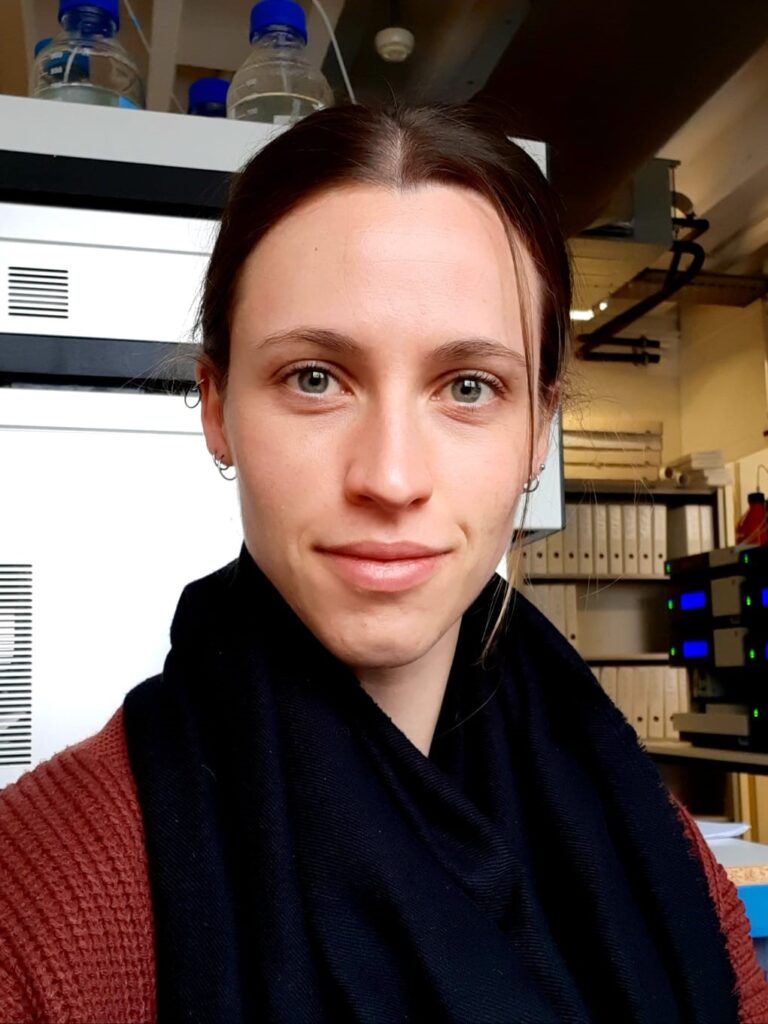
Frederike Stöth holds a PhD in Biochemistry and Molecular Biology. She is engaged in research on PEth as a direct alcohol biomarker for abstinence control. In particular, her work focuses on Dried Blood Spots and the formation and degradation of PEth to further advance this marker. She works with manual processing methods as well as with the automated measurement of PEth.
Treasurer

Marion Luginbühl holds a bachelor of science in business administration. She is responsible for the finance and human resources department at the Swiss subsidiary of an international company. She will look after the society’s financial affairs.
Scientific Advisory Board
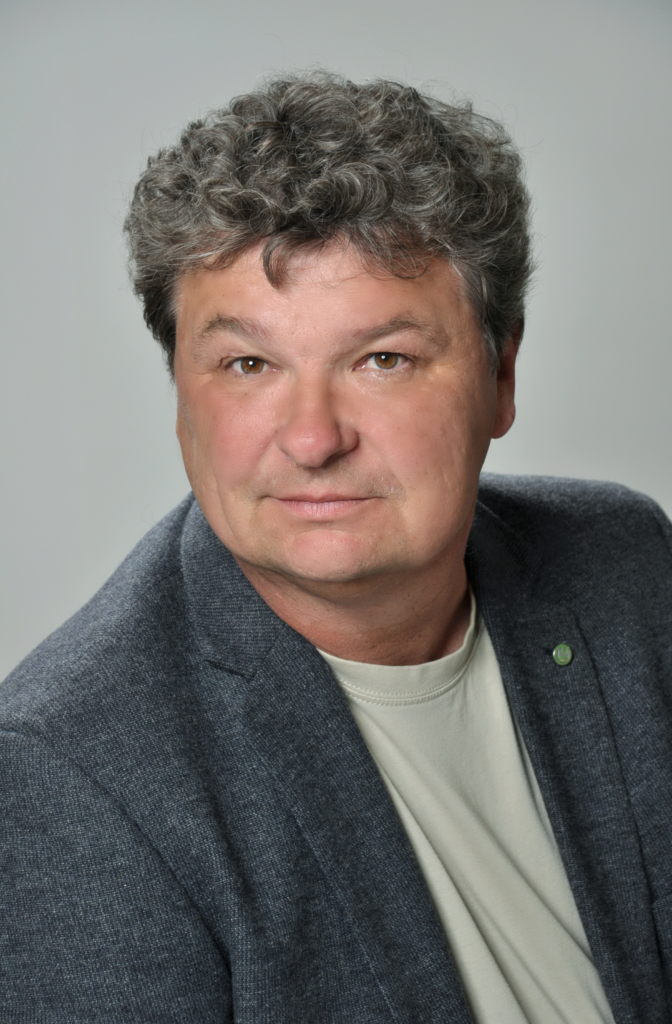
Michael Böttcher received his diploma in biology at the University of Hamburg in 1987. He obtained his PhD in 2004 at University Duisburg/Essen for lymphocyte micro-chimerism studies after liver transplantation. Since 1988 he is working in private labs with special focus on TDM, drugs of abuse, and alcohol biomarkers. Michael Böttcher is the head of toxicology department of MVZ Labor Dessau Kassel GmbH (Limbach Gruppe) which is one of the biggest drug testing labs today in Germany. The department is working in all kinds of drug and alcohol testing eg.: occupational health and traffic medicine, clinical drug screening, addiction medicine, therapeutic drug monitoring etc. They are also performing confirmation and specialized analysis in different body fluids for other labs and forensic institutes in Germany and Europe.

Judy Hahn is a Professor of Medicine in the HIV, ID, and Global Medicine Division in the Department of Medicine at the University of California, San Francisco. She is an epidemiologist with extensive experience studying the behavioral and biological intersections of substance use and infectious diseases. She leads multiple National Institutes of Health (NIH)-funded studies to reduce the harmful impact of alcohol use on HIV outcomes, primarily in east Africa. She was among the first HIV/alcohol researchers to use phosphatidylethanol (PEth) in her research, as well as other biomarkers, for objective measurement for alcohol use in observational and intervention research. She has authored or co-authored over 130 manuscripts, with more than 20 using PEth to objectively measure alcohol use. She is the Principal Investigator of multi-site studies of providing therapy to prevent tuberculosis (TB) disease among persons living with HIV who engage in heavy alcohol use in East Africa (Uganda), as well as randomized controlled trials (RCT) to examine the efficacy of behavioral interventions to reduce alcohol consumption in this population. These studies employ both PEth and urine ethylglucuronide (uEtG) as measures of alcohol use. She also has experience using transdermal sensors of alcohol use. Dr. Hahn is a committed teacher and mentor, directs courses on grant-writing, and conducts one-on-one mentoring of scholars at all levels of academia, and looks forward to developing new collaborations via PEth-NET.

Martin Javors, PhD, RPh, obtained a degree and license in Pharmacy in 1967 (UT-Austin), practiced pharmacy for several years, PhD (Pharmacology, U Colorado-Boulder) in 1979, and post-doc in Pharmacology in 1982 (UTHSC-San Antonio). His current position is professor in the Department of Psychiatry at the UTHSC-SA and director of the Biological Psychiatry Analytical Labs (BPAL), a clinical and research lab that he founded in 1984. Dr. Javors is part of a research group at UTHSC-SA that studies the combination of biomarkers of alcohol consumption that includes BAC, breath alcohol (observed via video), transdermal alcohol, CDT, EtG, and phosphatidylethanol.
Dr. Javors has studied biomarkers/metabolites of several drugs of abuse for the past 20 years. His more recent, primary interest, grants, and publications have focused on development and interpretation of biomarker measurements to identify/quantify recent alcohol consumption for clinical treatment studies, general medical practice, and forensic applications. Current basic research projects involve the characterization of the pharmacokinetics of PEth homolog synthesis and elimination as well as the characterization/interpretation of the variability of the alcohol consumption/PEth relationship among humans. The overall goal of this research is to improve the accuracy of PEth homolog measurements to estimate the timeframe, quantify, and pattern of recent alcohol consumption.
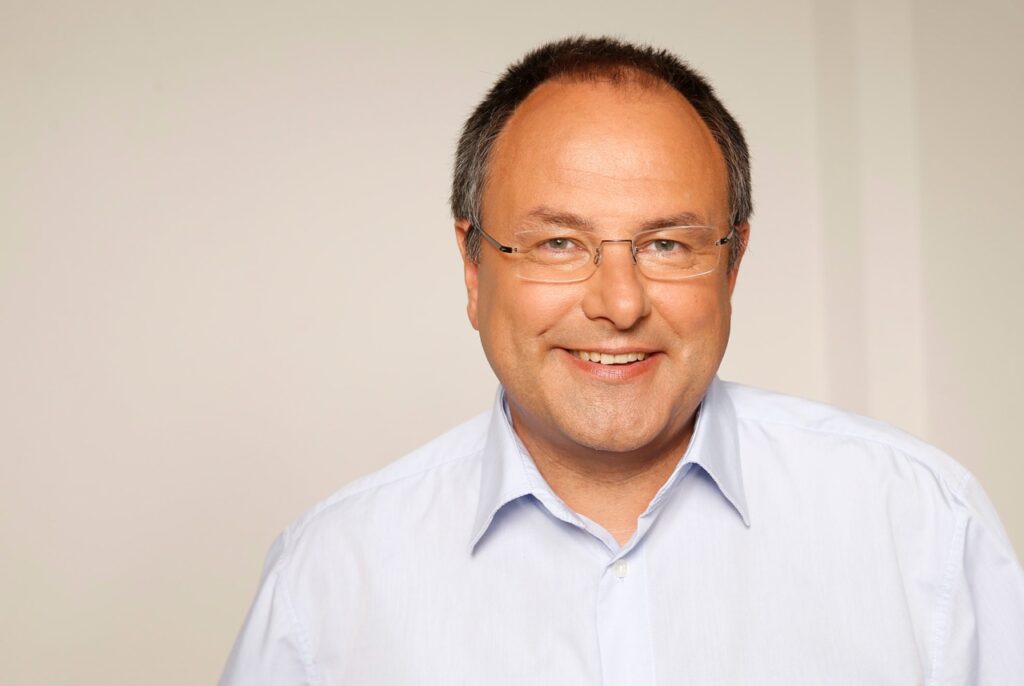
Frank Musshoff – associate professor of Forensic Toxicology – obtained his PhD degree in 1995 from the Heinrich-Heine University Düsseldorf, Germany. After having worked at the forensic toxicological laboratory of the Institute of Forensic Medicine Düsseldorf, Germany (1990-1996), he was the chief toxicologist at the Institute of Forensic Medicine of the Friedrich-Wilhelms-University Bonn, Germany (1996-2012). Since 2013, he is the director of the Forensic Toxicological Centre in Munich which focuses on drugs and driving, abstinence controls, postmortem toxicology, and especially on drug hair analysis. He is past president of the German-speaking Society of Toxicological and Forensic Chemistry (GTFCh), vice-president of the German Society of Traffic Medicine since 2009, and a member of several other scientific societies. He is (co-)author of more than 200 scientific papers and book chapters and has obtained several scientific awards. His research includes drugs and driving, drug-facilitated crimes, development of new analytical methods, postmortem toxicology as well as biomarkers for alcohol abuse.
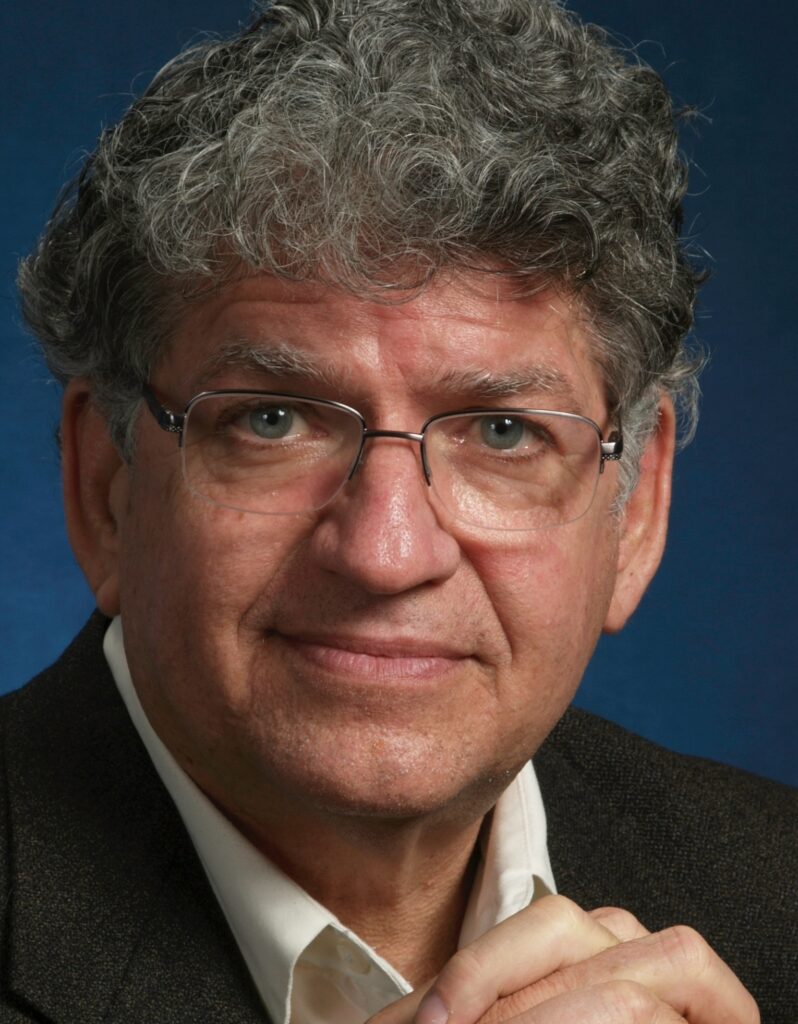
Greg Skipper, M.D., has devoted his 38-year career to assisting professionals in crisis. He has worked extensively with State Regulatory Boards in the United States and abroad and published over 100 articles and papers regarding professional impairment. Dr. Skipper is currently the Medical Director of the Center for Professional Recovery in Malibu, CA where he has evaluated and treated over 800 health professionals since 2011. He was Medical Director of the Alabama Physician Health Program for 12 years from 1999-2011 and the Medical Director of Hazelden Springbrook in Oregon from 1993-1999. Dr. Skipper was involved in initiating the clinical application of ethylglucuronide (EtG) testing in the United States and has served as an expert in drug testing and alcohol markers for criminal, civil and family courts, in administrative hearings, for Medical as well as Aviation Medicine. Dr. Skipper is a consultant to the Federal Aviation Administration regarding airline pilots in recovery from substance use disorders. He was a member of the National Advisory Council for the Substance Abuse and Mental Health Services Administration (SAMHSA) from 2002 – 2008. Dr. Skipper is a speaker regarding professional impairment and is a founder and faculty for the PBI Medical Ethics and Professionalism Course, sponsored by the University of California Irvine (a program for remedial training in ethics for disciplined licensees by regulatory boards in the USA).

Christophe Stove, PharmD, PhD is associate-professor at Ghent University, heading the Laboratory of Toxicology at the Faculty of Pharmaceutical Sciences. Besides teaching some 5 courses (amongst which toxicology, drug toxicity and bioanalysis), he directs the Lab’s service activities (forensic toxicology and reference lab activities (Ref4U)) and steers the research. The latter covers applied cell biology, as well as bioanalysis. Topics include the evaluation of signaling at selected G protein-coupled receptors, the development of bio-assays as an alternative drug screening approach in forensic toxicology, as well as vitamer analysis, and microsampling applications and associated challenges. The latter includes PEth analysis in dried blood microsamples, for which the lab runs an ISO 17025-accredited method. The lab’s work has resulted in several national and international awards and prizes. Dr. Stove has an extensive publication record (>150 publications), with many publications in leading journals in the field, and serves as a lead author on most of these. He has been cited >2600 times (ISI), has an H-index of 30, is editorial board member of several journals, provides over 90 peer reviews per year, has served in over 60 PhD evaluation committees as well as in numerous (inter)national selection committees, was the promotor of 15 defended PhD’s and currently supervises 8 PhD students. He is currently Board/Council Member of 3 national (BLT, KBGGG, BEMS) and 2 international (TIAFT and IATDMCT) organizations.
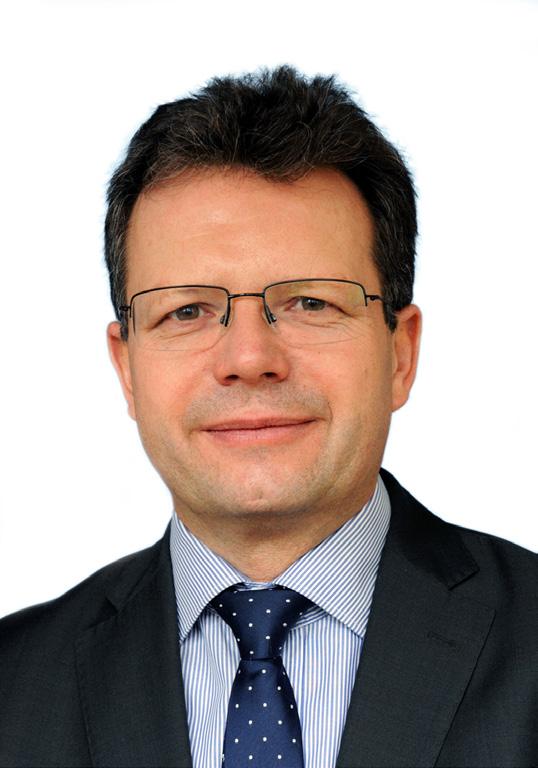
Wolfgang Weinmann holds a professor of Forensic Toxicology at the University of Bern, Switzerland. He currently serves as deputy director of the Institute of Forensic Medicine Bern (IRM BE), and as head of the Forensic Toxicology and Chemistry division. His research interest focuses on direct alcohol consumption markers such as phosphatidylethanol, ethyl glucuronide, ethyl sulfate, and fatty acid ethyl esters. He investigated the formation of PEth in various drinking studies, in organ transplant settings, and alcohol withdrawal and dishabituation studies. Based on his extensive publication record he is also known as “Mr. PEth”.
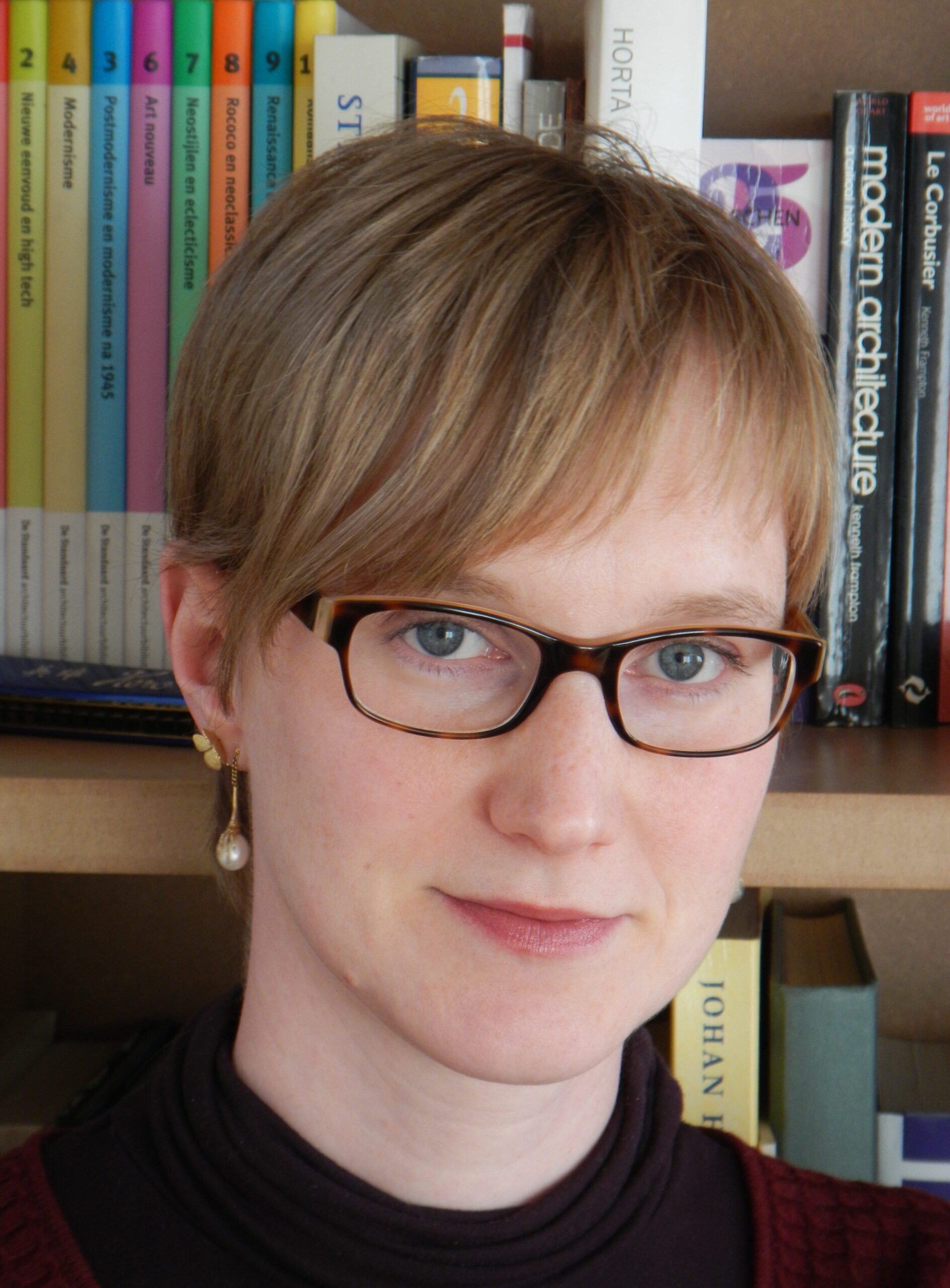
Sarah Wille obtained her PhD. Degree at Ghent University in Pharmaceutical Sciences (Analytical Toxicology) in 2008. She currently works at the National Institute of Criminalistics and Criminology (NICC) in Brussels as a registered expert in forensic toxicology. Her research interests include NPS, alternative matrices/techniques and markers, drugs and driving and analytical method development/validation. She is (co)-author of more than 55 scientific papers and book chapters and has obtained the TIAFT (The International Association of Forensic Toxicologists) achievement award in 2017. From 2012 on, she did research concerning ethanol markers including phosphatidylethanol analysis (PEth) in whole blood, DBS, as well as VAMS. Currently, detection ethanol markers is routinely determined in drivers’ licence regranting procedures.
Note: The Scientific Advisory Board Members are listed alphabetically (surname)
